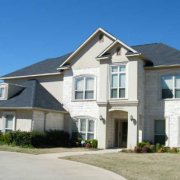Tips on How to Find a Mortgage That Is Best For You
Are you trying to find a mortgage? Where do you look first? You can become overwhelmed by the number of options out there right now. The first place that you should consider looking is to just gather some information on the internet.
Put together a list of questions that you want to ask a mortgage lender. In fact, take your list of questions to several different lenders as a means to help find a mortgage that is good for you.
You can also ask a trusted friend or family member about their experiences in securing a mortgage such as who they use and whether they are happy with their lender or not.
Some people will try to find a mortgage online. The internet is good for gathering information and you can also find sites that will help you calculate payments based on current rates. However, I would not recommend securing a mortgage online. It is much more practical and potentially safer to take care of this type of transaction in person so that you know exactly who you are dealing with.
When you do meet with a mortgage lender, here are some things you may want to ask them:
1)Are there any costs associated with the loan?
2)How do they calculate the rate and what are their current rates?
3)Are you able to re-negotiate if the rates improve?
4)Does the lender approve their loans in house?
5)How long has the lender been in the mortgage business?
You can certainly come up with your own questions as well. These five are just to get you started.
When you are looking for a home, stay within your price range. If you go over budget, your mortgage payments may become too much to handle. This is why it is important to plan a budget before you buy your first home or before you decide to get a bigger home. Know what you can afford and don’t forget the property taxes as well. In some location, your property tax is paid by the mortgage lender and added to your monthly mortgage payments.












